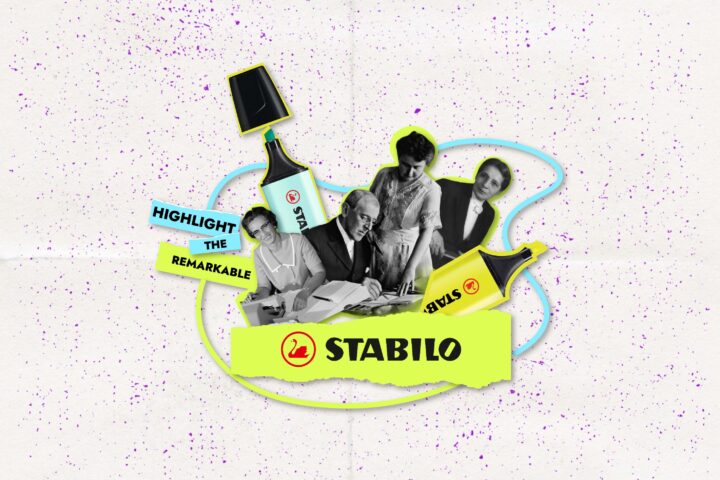London’s “Say Maaate to a Mate” campaign, launched by the official Mayor’s office, aims to address casual misogyny by urging men to intervene when they witness such behaviour among their friends. While the campaign has garnered attention and praise for its innovative approach, it has not been without controversy.
Striking a Chord with Colloquial Language
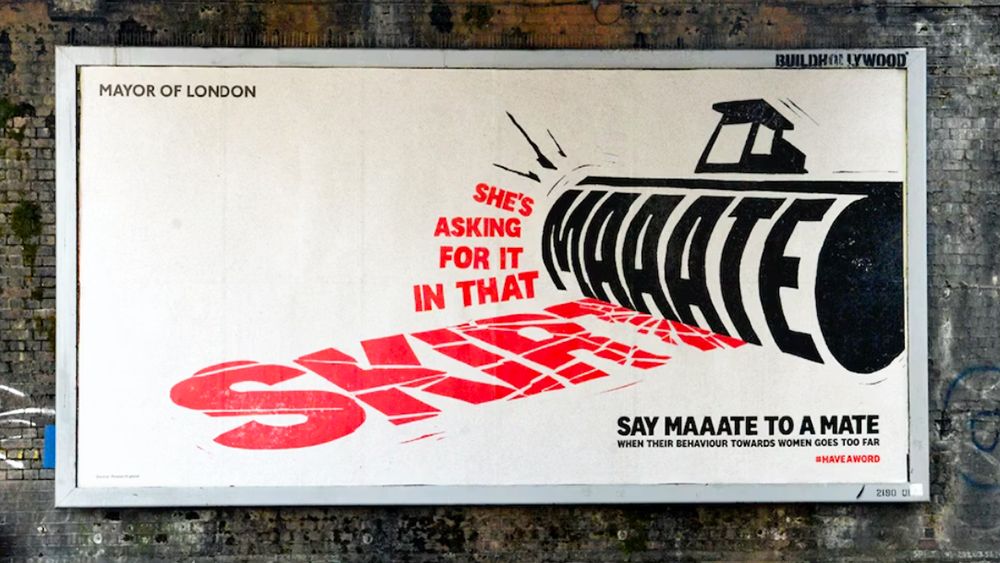
Source: Ogilvy
Featuring billboards and an interactive video on Vimeo, the campaign employs informal language in an attempt to resonate with its intended audience. One aspect of the campaign that has both resonated with some and sparked criticism among others is its use of colloquial language. On one level, the campaign speaks the language of the target audience, primarily young men in London. By adopting a more informal tone, the campaign seeks to create a sense of camaraderie, making the intervention message more relatable.
Downplaying the Seriousness?
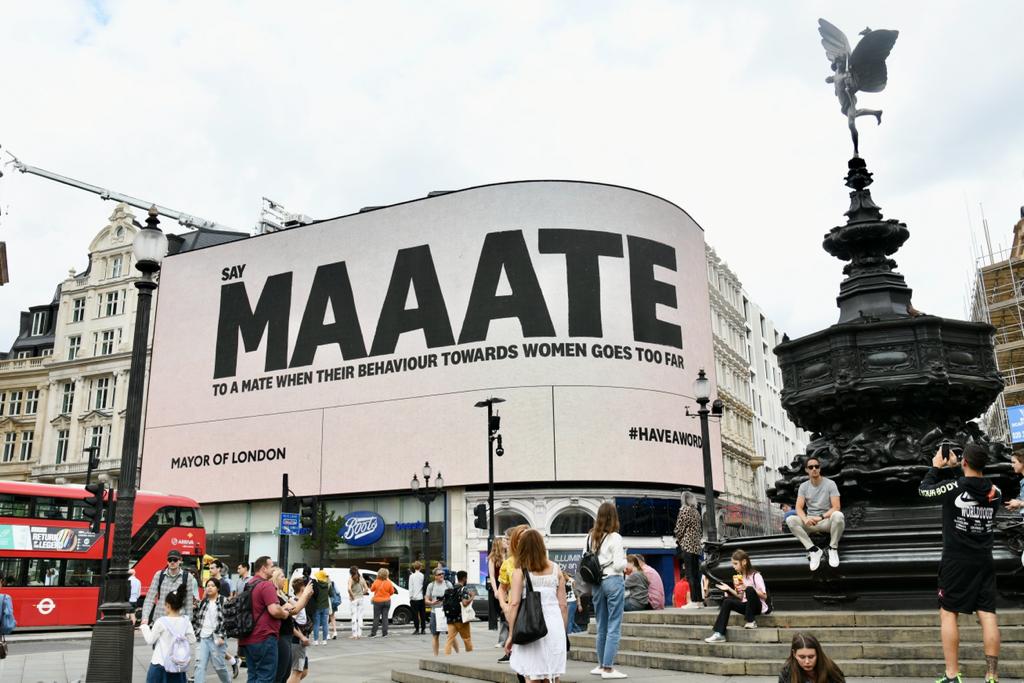 Source: Ogilvy
Source: Ogilvy
On the other hand, some people argued that the casual approach might downplay the seriousness of misogyny. They express concern that employing colloquial language in an attempt to engage the audience may inadvertently diminish the gravity of the issue. They stress the importance of maintaining a balance between relatability and highlighting the severity of the problem.
The Responsibility Debate
Another point of contention revolves around the campaign’s focus on encouraging friends to intervene when witnessing misogyny. While proponents appreciate the emphasis on peer influence and accountability, some argue that it places undue responsibility on friends rather than holding the actual perpetrators accountable. They believe that the campaign should also address the root cause by targeting the individuals perpetrating misogyny.
Addressing Specific Behaviour
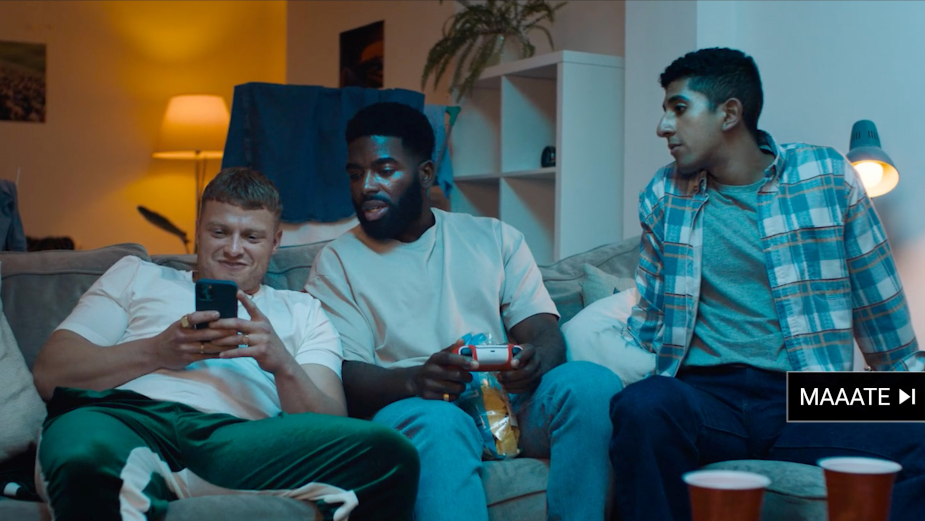
The “Say Maaate to a Mate” campaign centres on addressing casual misogyny among friends, seeking to tackle a specific relatable problem. This narrow focus has led to differing opinions. People have expressed concerns that this limited scope might overshadow other forms of misogyny that require attention.
Measuring the Impact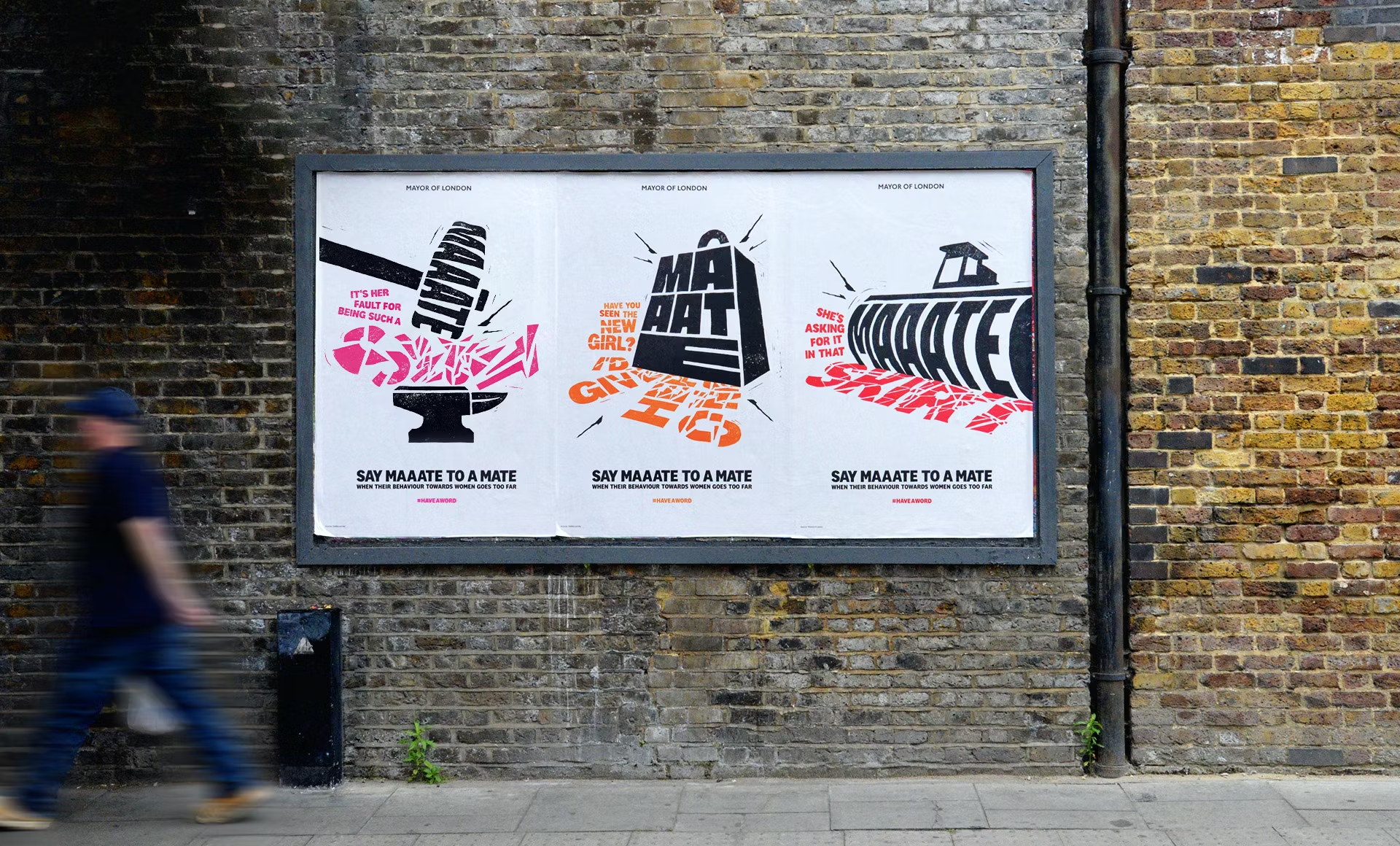
David Fanner, a consultant at Ogilvy’s Behavioral Science Practice division who spearheaded the research for the campaign, shared with The Drum: “This is not when someone is being violent, this is low-level misogyny among friends and this is when men can be the most helpful.” Fanner elaborates that many men who disapprove of their friends’ sexist comments tend to “giggle and move o,” He continues, “We are simply replacing awkward giggle with a better alternative,”
Fanner says that messages directed at the offender are often resisted because they are met with reluctance. However, “if three of my mates are telling you that you went a bit far, then that is super powerful,” he says. Fanner argues that in such scenarios, a nuanced message can sometimes prove more effective than a direct one, where a shift in tone or a disapproving gesture suffices to convey the message.
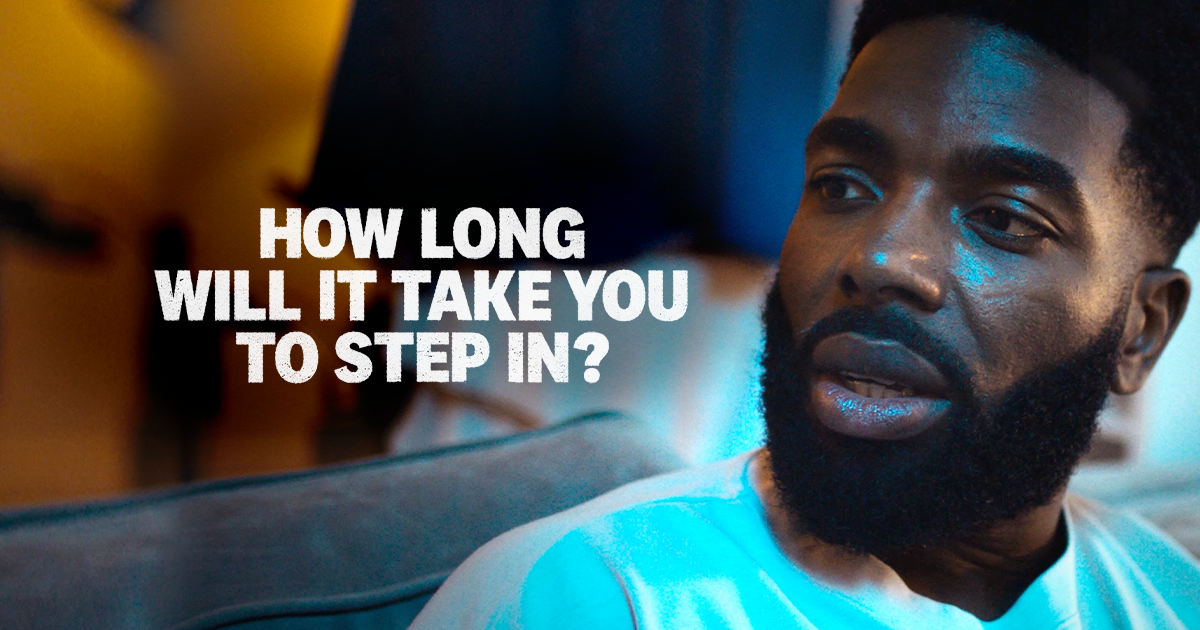
Source: Ogilvy
Conclusion
The “Say Maaate to a Mate” campaign launched by the Mayor of London’s office has sparked both praise and controversy. While some appreciate its colloquial language and emphasis on peer intervention, others express concerns about potential downsides, such as downplaying the severity of misogyny. The campaign’s impact remains to be seen, and its success will depend on its ability to drive meaningful conversations and foster positive behavioural change.




